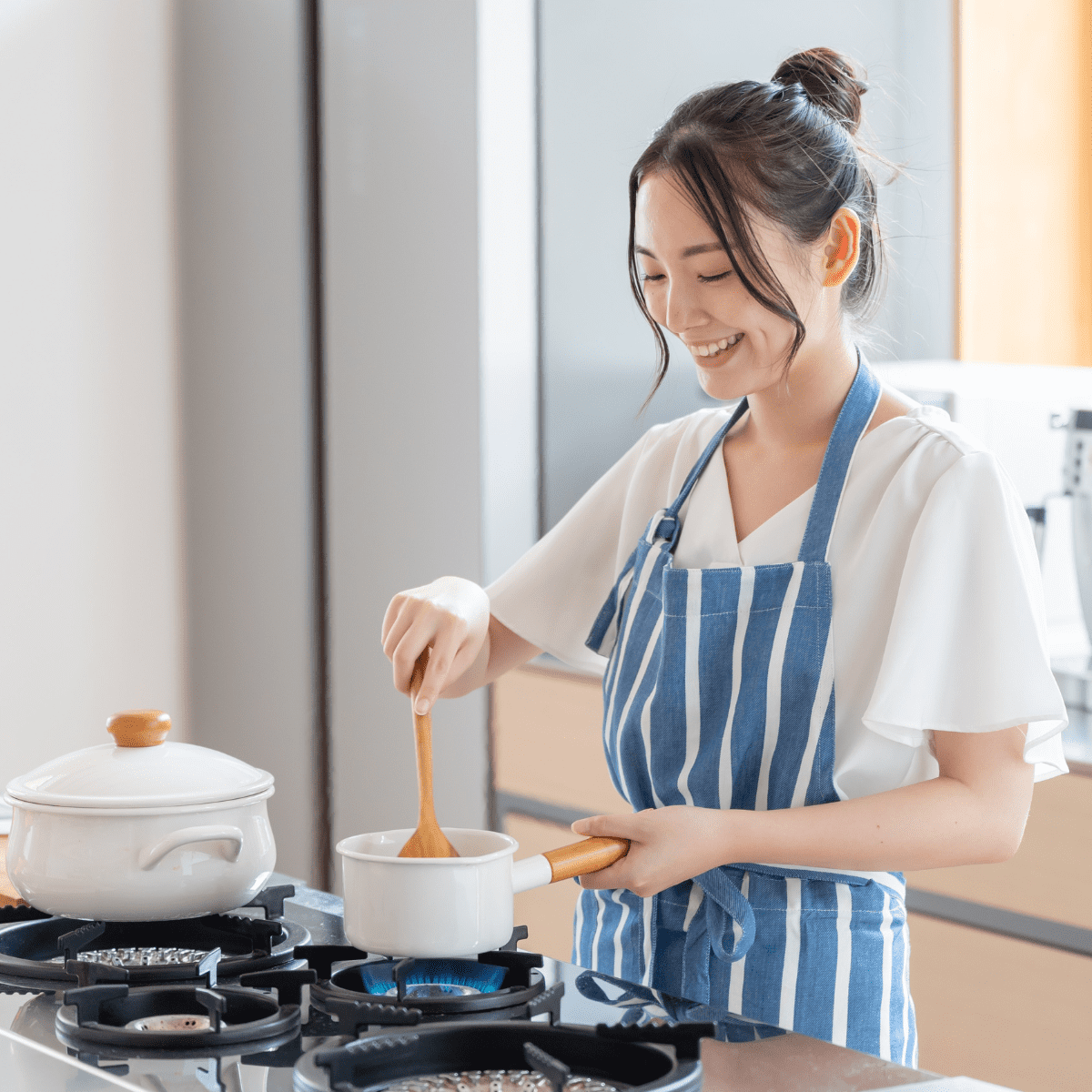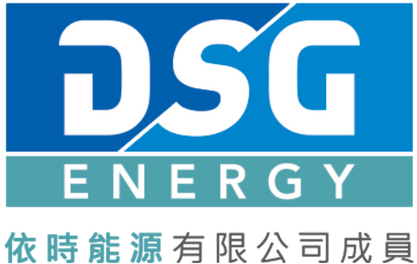
It’s easy cooking with Open Flame!
In today’s era, cooking methods are constantly evolving at an astonishing pace. The rise of electronic cooking appliances has brought about an unprecedented revolution in the culinary world. However, many people have misconceptions and concerns about traditional open-flame cooking methods. But fear not! DSG Energy, your all-in-one comprehensive energy expert, is here to provide you with all the answers!
Does open-flame cooking produce a lot of smoke?
Regardless of whether you use a gas stove, an induction cooker, or other types of cooktops, smoke will be generated during the cooking process. Since smoke is produced when food is heated, its amount is related to the cooking temperature rather than the energy source itself. To address the issue of smoke, it is sufficient to ensure proper ventilation or activate a ventilation system (such as a range hood) during cooking. Moreover, when using gas as the energy source, it burns completely without releasing black smoke or soot, which means that cookware can remain clean, attractive, easy to clean, and more durable!
Is open-flame cooking dangerous?
Conventional cooking appliances rely on heat as the cooking method, transferring heat directly to the cookware. Therefore, both induction cookers and gas stoves have the potential to cause danger due to high heat. With induction cookers, there is a risk of accidentally touching the hot surface if one forgets that it remains hot. On the other hand, the flames produced by gas stoves can serve as a visual indicator, allowing users to be more aware of the stove’s usage, such as whether it is turned off. Therefore, open flames can actually help users stay vigilant and promote safety.
All residential gas appliances currently available in Hong Kong must obtain approval from the Electrical and Mechanical Services Department (EMSD) with the GU mark, ensuring gas safety. These gas stoves are equipped with flame failure protection devices that automatically cut off the gas supply when no flame is detected, thereby preventing gas leaks.
DSG Energy also places great emphasis on customer safety. They provide free regular safety inspections to users at least every 18 months, ensuring that their gas stoves and related equipment are functioning properly. This allows users to cook with open flames with peace of mind!
Is open-flame cooking environmentally friendly?
The combustion of gas does not release suspended particles, toxic chemicals, or soot. It has low sulfur content and carbon emissions, making it a clean energy source with high combustion efficiency. Due to its reduced emission of air pollutants, it contributes less to air pollution compared to coal-fired power generation. Additionally, the burning of natural gas produces fewer greenhouse gases, which are known to be the main contributors to global warming. Therefore, choosing gas as an energy source helps reduce greenhouse gas emissions.
As the market leader in the LPG industry, DSG Energy has been providing LPG services to countless households for over half a century. They will continue to supply gas without interruption, allowing customers to enjoy the warm and comforting feeling that open-flame cooking brings, no matter when or where they are!
Is it possible to cook with open flames in an open kitchen or is it restricted to flameless cooking?
No, it is not restricted. The Gas Safety Ordinance does not impose any restrictions on the type of cooking appliances, including gas stoves, installed in open kitchens. Therefore, as long as the open kitchen complies with the relevant regulations, cooking with open flames is permissible.
Once a kitchen is converted into an open kitchen, whether cooking is done with open flames or without, registration and application to the Buildings Department are required. This includes seeking opinions from authorized architects, surveyors, or engineers, installing smoke detectors and sprinkler heads that comply with the regulations for the renovation of fire safety equipment, and checking whether the deed of mutual covenant permits renovation works.
Therefore, whether cooking is done with open flames or without, compliance with the relevant regulations is necessary when converting a kitchen into an open kitchen.
Source: Buildings Department Fire Safety Code and Electrical and Mechanical Services Department
